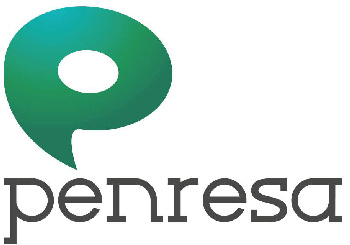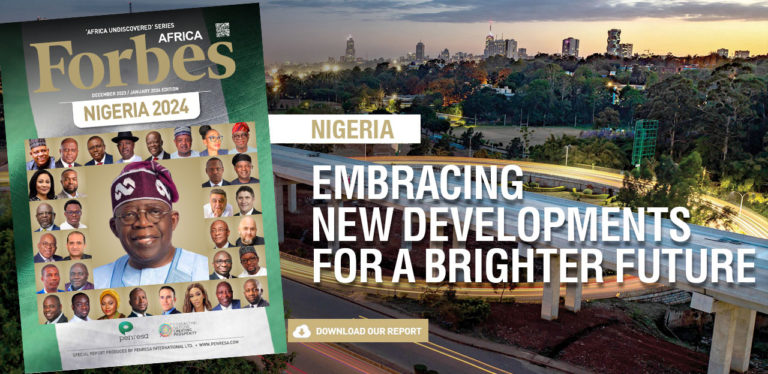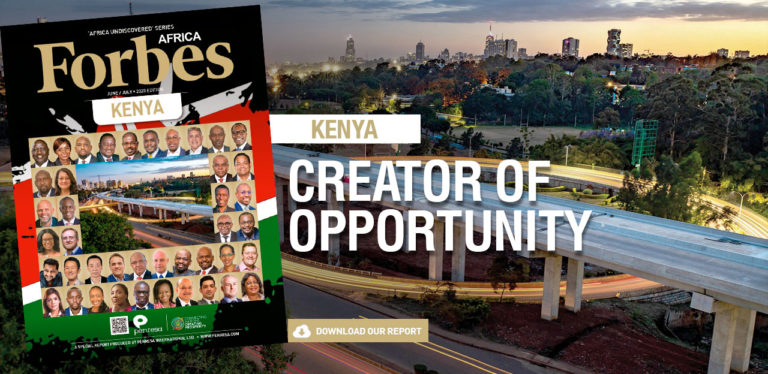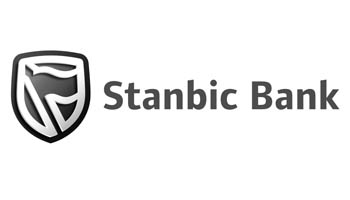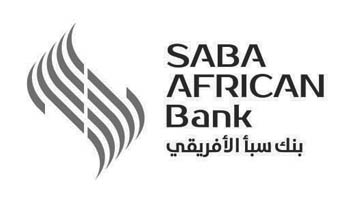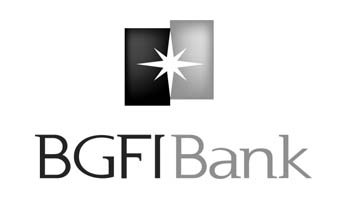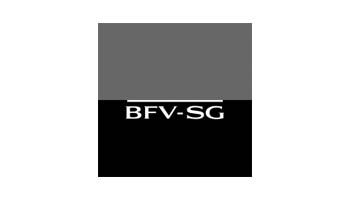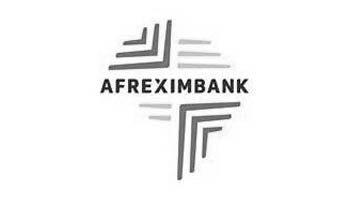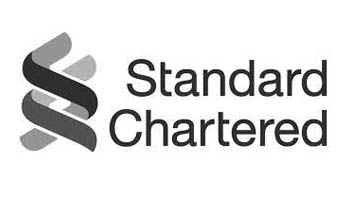Blue Economy and conservation has permeated every aspect of the Seychelles economy, and now the island country offers investment opportunities to continue its mission toward progress and protection.
The Republic of Seychelles is an example that proves that the size of the country is of little importance when you have a dedicated and driven population and administration. The island country boasts breathtaking beaches, turquoise waters and abundant flora and fauna, including its wide variety of marine life. The waters of Seychelles have been named among the cleanest in the world and its natural beauty is the result of years of hard work to ensure that nature is maintained and that Seychelles remains a paradise for the upcoming generations.
Seychelles has demonstrated that Blue Economy is the key to sustaining the environment and the future markets of Seychelles. President Faure said, “Ingraining the concept of Blue Economy is what we need: we cannot make the mistakes of the past. We are the first country in the world to have a roadmap on how to develop the ocean.”
Although these initiatives have recently gained traction on a global scale, it is important to note that Seychelles and its leaders have been leading the conservation movement for over two decades. “Even before thinking about developing the Blue Economy, we have already been engaging with the sea: fishermen, tourists, the beaches for the local people, which for us are space for recreation, space to do business, space to do conservation, to protect. Now, going forward towards the future, the Blue Economy for us represents the future, it represents the new frontier for us. It is both wealth for prosperity and protection and conservation. This is what sustainable development means,” says Wallace Cosgrow, Minister of Tourism.
Long before famous figures such as Leonardo DiCaprio and Al Gore highlighted the urgency to protect the earth, early initiatives from Seychelles have been taken in terms of environmental awareness. Environmental protection is not a passing fad; it is here to stay for the benefit of future generations. Seychelles’ environmental Renaissance man Kantilal Jivan Shah, affectionately known as ‘Kanti,’ was a well-respected environmentalist and dedicated his life to ecotourism. His efforts resulted in the creation of the Ste. Anne Marine and Port Launay Marine National Park, the Protection of Shells Act; Animal and Bird Protection; Protection of Turtles; the Seychelles Marine Mammal Sanctuary; and more. Because of his hard work, locals and tourists alike enjoy these spaces and Seychelles’ beauty today.
Another example is billionaire German industrialist Otto Happel, whose work to conserve Fregate Island saved it from destruction. The island was settled in the early 19th century where settlers grew coffee, vanilla and cinnamon which nearly destroyed the previously untouched forest. Happel bought the island in 1977 and preservation movements began in 1998. Due to these efforts of conservation, it is now a private “deserted” island that enjoys around 40 visitors a year. More than a luxurious getaway for lucky travellers, the island is a refuge for wildlife and continues to preserve Seychelles’ natural beauty.
Those who have pressed forward with Blue Economy are visionaries–not followers. Even in 1992, the Earth Summit in Rio de Janeiro introduced Agenda 21, a blueprint to rethink economic growth, advance social equity and ensure environmental protection. Fast forward to present-day, Blue Economy is firmly in place, ensuring that the conservation of the marine life and oceans aids in the survival of global economies.
Seychelles itself stands out as a haven of opportunity with a clear plan. President Faure has said, “We know exactly what needs to be done. However, for the means to do that, we need partnerships. This is an opportunity for partnership and investment in areas where we can reap the benefits of what the Blue Economy represents for the country.” Seychelles has all the steps in place to make a difference in its own economy and the health of our oceans. Joseph Albert, Chairman of Creole Travel Services echoes this need, saying, “As long as you create a conducive environment and make them find a local partner. The best sectors are hotels, maritime and the Blue Economy. With the Blue Economy, if you make money, the country makes money.”
